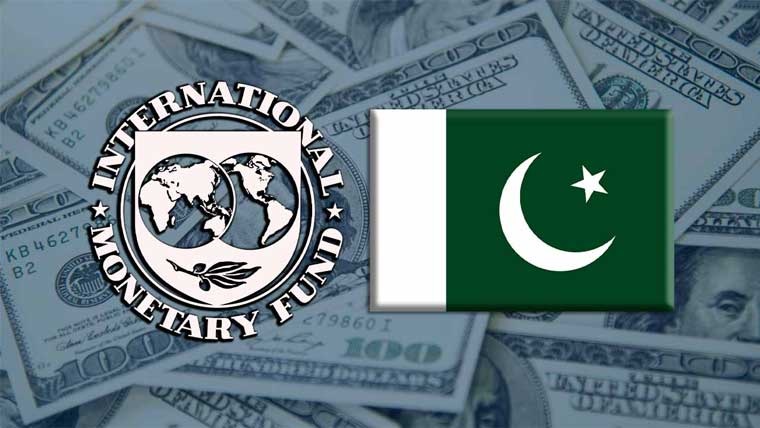NEW YORK – The International Monetary Fund (IMF) said that despite a significant decrease in inflation, Pakistan is facing major challenges.
The IMF issued a statement following the approval of Pakistan’s Extended Fund Facility by its Executive Board, saying that the first installment of $1 billion was disbursed.
According to the statement, the Executive Board approved a $7 billion loan under the Extended Fund Facility for Pakistan, which consists of a new loan program lasting 37 months. Economic growth in Pakistan has reached 2.4%, but the country continues to face significant challenges, including a difficult business environment, weak governance, and a limited tax base.
The IMF’s statement highlighted that Pakistan consistently implemented policies under the Stand-By Arrangement in 2023-24, taking important steps toward restoring economic stability. The growth rate reached 2.4% in fiscal year 2024, driven by activities in the agricultural sector, and inflation has significantly decreased to single digits.
The IMF said that appropriate fiscal and monetary policies have helped control the current account deficit, providing an opportunity to rebuild foreign exchange reserves. The reduction in inflation reflects improvements in both internal and external conditions.
The State Bank has cut the policy rate by 450 basis points since June, and a robust budget was presented in June 2024. Despite this progress, Pakistan’s vulnerabilities and issues remain serious.
The statement pointed out that the challenging business environment, weak governance, and excessive state intervention hinder investment. A narrow tax base makes it difficult to meet financial sustainability and social and developmental expenditure needs. Insufficient investment in health and education is inadequate for sustainable poverty alleviation, while a lack of infrastructure investment has limited economic potential.
The IMF emphasized that Pakistan is vulnerable to the effects of climate change and risks falling further behind other countries if appropriate reform adjustments are not prioritized.
The statement said that the aim of new IMF loan program is to restore macroeconomic stability, reform public enterprises, and improve the delivery of public services.
The program would also focus on infrastructure development and addressing the impacts of climate change. The continuous financial support from development partners would be crucial for the success of this program.










